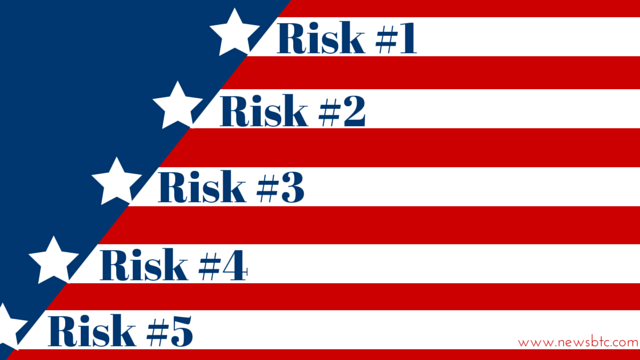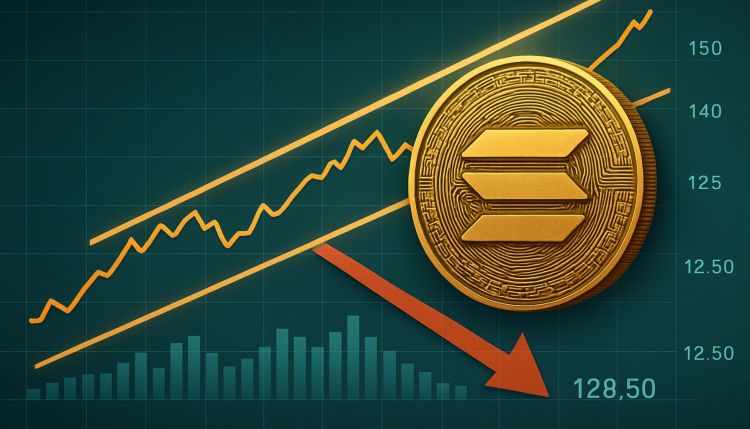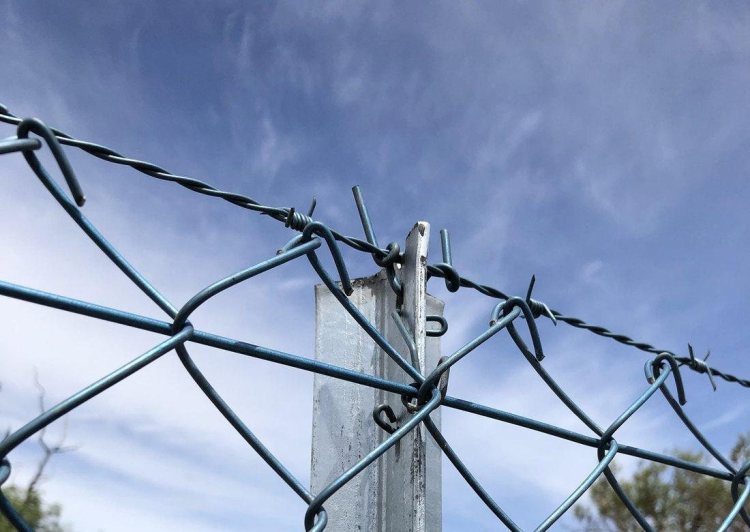Reason to trust

How Our News is Made
Strict editorial policy that focuses on accuracy, relevance, and impartiality
Ad discliamer
Morbi pretium leo et nisl aliquam mollis. Quisque arcu lorem, ultricies quis pellentesque nec, ullamcorper eu odio.
In an effort to warn the public about the risks associated with virtual currencies, USA.gov published a list of Five Things You Should Know About Virtual Currencies.
The article aims to simplify what virtual currencies are all about and why people should think about the risks involved before choosing to invest in it. It defines virtual currencies as a digital form of money that can be used for purchasing goods and services typically online and can also be exchanged for other currencies such as the U.S. dollar.
Risks of Virtual Currencies
The article also warned that these types of currencies have a high potential of attracting fraudulent activity and offer high-risk investment opportunities. Among the risks involved are the high risk of fraud, as scammers target virtual currency investors with promises of high returns, fake opportunities, and other schemes.
Apart from that, the article also mentions that virtual currencies are unregulated. “There are no laws in place to protect investors. The currencies, issuers, and exchanges are not regulated by any government. In addition, the funds are not insured from loss if the exchange shuts down or if the value plummets,” it noted.
In addition, virtual currencies are also known to fluctuate in value. The article mentions that the values can change dramatically in one day. It also shares that there are security concerns when it comes to digital currencies since exchanges may stop operating or permanently shut down as a result of fraud, technical glitches, hackers, or malware. It also added that virtual currencies also may be stolen by hackers.
Lastly, the article noted that the IRS treats virtual currencies as property, which means that general tax principles that apply to property transactions apply to transactions using virtual currency. It shared several contact information and links to government agencies that can be of help if any issues arise with transacting using virtual currencies.




























“High risk of fraud – Scammers target virtual currency
investors with promises of high returns, fake opportunities, and other
schemes. If fraud or theft takes place, you have limited recovery
options. Learn how to avoid investment fraud.
Unregulated – There are no laws in place to protect
investors. The currencies, issuers, and exchanges are not regulated by
any government. In addition, the funds are not insured from loss if the
exchange shuts down or if the value plummets.
Fluctuating value – The value of virtual currencies can change dramatically—even in just one day.
Security concerns – Virtual currency exchanges may stop
operating or permanently shut down as a result of fraud, technical
glitches, hackers, or malware. Virtual currencies also may be stolen by
hackers.
IRS treats virtual currencies as property – Virtual currencies are considered property for federal tax purposes. As a result, general tax principles that apply to property transactions apply to transactions using virtual currency.”
Except the last one, all these risks are applicable to all the fiat currencies, including the US$. The warning, however, fails to mention that somehow. We have all seen the type of “regulations” over the fiat currencies in 2008 and after.